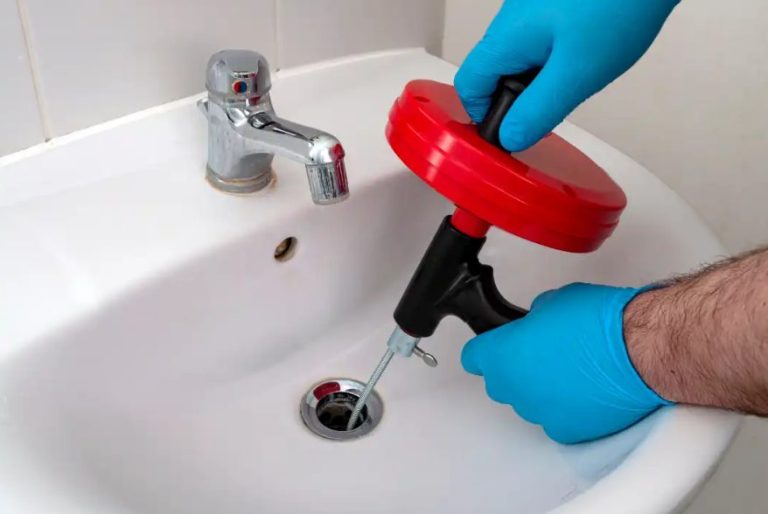Making a Splash: What It Really Takes to Own a Pool
The Financial Plunge: Initial Costs and Construction
Owning a swimming pool is often considered a luxury, but understanding the initial investment is crucial before diving in. The global swimming pool construction industry is experiencing significant growth and is expected to achieve a market value of over $12.282 million by 2032, according to Straits Research. This suggests a rising demand for private pools and advancements in pool technology. For those considering adding a pool to their home, it’s important to evaluate how this could enhance property value over time. However, it is essential to recognize the financial commitment that comes with such an amenity.
One of the primary considerations is the upfront cost of installing an in-ground pool, which, according to RubyHome, can average around $35,000. The price can fluctuate based on factors such as size, materials, and design complexity. Many homeowners find themselves customizing their pool with additional features like diving boards, slides, or integrated spas, which can further drive up costs. While the initial financial outlay may seem steep, the value these features add to the home can potentially yield high returns upon resale. Thus, homeowners should carefully plan their budget to ensure they achieve their desired swimming pool without compromising on quality.
Another key financial factor is the financing options available for such an investment. While some homeowners may have the capital available, others may need to explore loans or payment plans. Financial institutions often offer home improvement loans that can be tailored to fit different budgetary needs. Understanding the terms and interest rates is essential, as they will affect the overall cost of the pool over time.
Monthly Maintenance: The Ongoing Commitment
Beyond the initial expense, the ongoing costs of pool maintenance represent a significant aspect of pool ownership. According to HomeGuide, homeowners typically spend approximately $122 each month on pool upkeep. This regular financial commitment covers a variety of tasks necessary to keep the pool in optimal condition throughout the year. Routine cleaning, chemical balancing, and the occasional repair are all part of the equation. Visiting a professional for regular inspections can help to prevent larger problems from developing, ensuring that the pool remains a valuable feature in the home.
The costs associated with maintaining a pool can vary depending on the size and type of pool, as well as the chosen method of maintenance. Some homeowners prefer hiring professional services, while others take a DIY approach to manage routine tasks. Regardless of which option they choose, ensuring the health and safety of the water is essential. Hiring skilled professionals may initially seem more expensive but can reduce the possibility of costly mistakes. Regardless, homeowners should incorporate pool maintenance into their regular household budget to fully enjoy their aquatic investment.
A Splash Worth Making: Lifestyle and Leisure Benefits
While the financial aspects of pool ownership are significant, the lifestyle and leisure benefits can make it a worthwhile investment for many homeowners. A pool can transform a backyard into an oasis, often serving as a focal point for family gatherings and social events. The convenience of having a pool at home fosters more opportunities for exercise, relaxation, and fun without the need to travel. Homeowners find the addition of a pool enriches their daily routine, offering a welcome escape from the hustle and bustle.
For families, a pool represents a versatile space that caters to numerous activities across different age groups. Parents and children alike can enjoy swimming, playing water games, or simply lounging by the poolside. Neighbors and friends may be invited over for a barbecue or pool party, fostering a sense of community and connection. Additionally, the aesthetic appeal of a well-designed pool can enhance the overall ambiance and appeal of a home. Therefore, a pool not only serves as a feature for leisure but also strengthens familial ties and community relations.
Another advantageous aspect of owning a pool is the opportunity for health and wellness. Swimming is a low-impact exercise that provides numerous physical benefits, including improved cardiovascular health, increased strength, and enhanced flexibility. Having a pool at home ensures residents have easy access to a form of exercise that is both enjoyable and beneficial.


